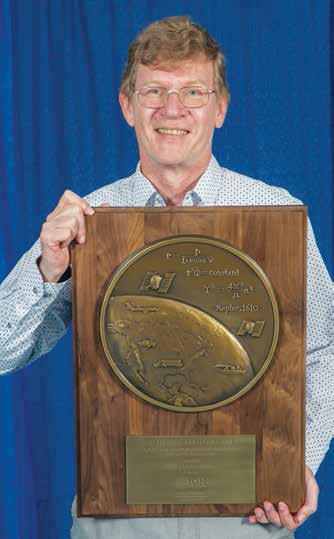Articles in the GNSS News Category
Ultra-Secure, Jam-Resistant GPS M-Code signal to operationalize soon
The final steps to fully-enable the ultra-secure, jam-resistant Military Code (M-Code) signal on the GPS are now underway.
As part of the U.S. military’s effort to modernize GPS, the U.S. Space Force has been steadily upgrading its existing GPS Ground Operational Control System (OCS). The Space Force …
The ION releases the GNSS Software Defined Radio (SDR) metadata standard
The Institute of Navigation’s (ION) GNSS Software Defined Radio Metadata Standard document has been published and is available at sdr.ion.org.
The Global Navigation Satellite Systems Software Defined Radio Sample Data Metadata Standard is the product of a three year long effort of the ION …
ISRO’s NavIC will support Qualcomm
Qualcomm has released three new chipsets that will come with support for India’s NavIC satellites — developed by ISRO. Support for NavIC will be seen on Qualcomm’s latest Snapdragon 720G, 662 and 460. These are budget to midtier performing chipsets that will be seen on upcoming budget-friendly smartphones. www.indiatimes.com
Galileo …
Advanced Navigation raises $13M for global expansion, R&D
Australian-based Advanced Navigation, which develops artificial intelligencebased navigation technologies for robotics and self-driving vehicles, this week announced it has raised $13 million in a Series A funding round.
The round was led by Main Sequence Ventures’ CSIRO Innovation Fund, along with Brick & Mortar Ventures and In-Q-Tel. …
SPARC – SBAS simulation platform for authentication reliable concepts
The European Commission is exploring the possibility of improving the security of the SBAS service. SBAS data is currently trusted by end users, even if the navigation data (and signals) are not protected. The objective of the SPARC project is to identify a viable solution to …
GPS III ground system operations contingency program nearing operational acceptance
The Global Positioning System enterprise reached another major milestone on Oct. 21, when the GPS III Contingency Operations Program (COps) successfully connected with the first GPS III satellite on orbit. The COps system will allow the Air Force to operationally command and control the new, more …

Dr Santiago Perea Diaz receives Parkinson award
The Institute of Navigation’s (ION) Satellite Division presented Dr. Santiago Perea Diaz with its Bradford W. Parkinson Award September 20, 2019 at the ION GNSS+ Conference in Miami, Florida.
Dr. Perea Diaz was recognized for graduate student excellence in Global Navigation Satellite Systems in his thesis, “Design of an …
US Space Command established
In a move to enhance the United States’ space superiority capabilities, President Donald J. Trump, Vice President Mike R. Pence, Secretary of Defense Dr. Mark T. Esper and Air Force Gen. John W. Raymond formally established the United States Space Command during a ceremony held Aug. 30 at the White House.
At the …
Galilleo GNSS Service restored
Carlos des Dorides, executive director of the GSA made the following statement after restoration of GNSS services over the Galilleo satellite constellation.
“As members of the GNSS community, you are all undoubtedly aware of the recent technical incident that resulted in the temporary interruption of Galileo navigation and timing services.
The technical incident originated …
NASA launches a Deep Space Atomic Clock
NASA launches Deep Space Atomic Clock on the SpaceX Falcon Heavy rocket launched on June 24. It is similar to the atomic clocks found in GPS satellites but 50 times more stable. The technology will be a critical part of onboard navigation systems for future spacecraft and will …









 (5.00 out of 5)
(5.00 out of 5)